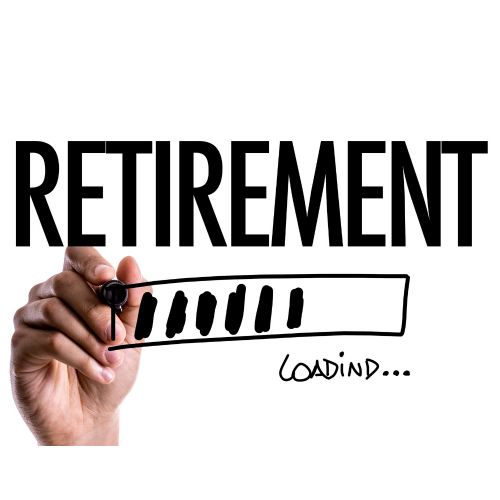Financial Issues & Answers for Everyone
A thorough analysis of today’s financial news—delivered weekly to your inbox or via social media. As part of Knowledge Bureau’s interactive network, the Report covers current issues on the tax and financial services landscape and provides a wide range of professional benefits, including access to peer-to-peer blogs, opinion polls, online lessons, and vital industry information from Canada’s only multi-disciplinary financial educator.
This Month’s Poll
Do you agree with the government’s plan to introduce the new Canada Groceries Essentials Benefit (CGEB)?

RSVP for Meeting of the Minds RWM Aha Moments: August 11
Don’t miss the Society of Real Wealth Managers next Meeting of the Minds on August 11 at 10:30 am Central Time. It's a free event to Introduce you to RWMs from coast-to-coast for three reasons: to connect. contribute. collaborate...and share RWM "aha moments"! Here's what you need to know:

DAC 2021: Nominations Open for the Prestigious New Advisor Award
Submit the name of your worthy nomination for the DAC New Advisor Award now. The application deadline September 1, 2021. The prestigious award recognizes the next generation and their contributions to excellence in the tax, accounting and/or financial services. Here’s what the winner of this prestigious award will receive and how to apply:

KB Designates: Relicensing Deadline Passed…Act Now!
Knowledge Bureau Designates: your professionalism matters to your clients. Your achievements are also an inspiration to the thousands of undergrads inn Knowledge Bureau program from coast to coast. But, the grace period for relicensing ends August 31! Make sure to maximize your investment in your credentials. Send along your Attestation to Standards of Conduct now. Check out the handy Q&A Relicensing Guide below or call us for help: 1-866-953-4769. Here’s what you need to know:

Expansion to CWB Gets the Green Light
The April 19, 2021 Federal Budget has received Royal Assent, and one important change will bring much needed help to a million more low income Canadians: the expansion to Canada’s Workers Benefit (CWB). The expanded annual benefit, which provides up to $1,400 for single workers without children and $2,400 per family, will now be accessible to 3.2 million people. Here are the details.

Increasing the Present Value of Income
Why is tax efficiency so important in planning for future financial peace of mind? Because it increases the present value of income; which has the potential of earning more income and value over the longer savings horizon. Tax and investment advisors can provide invaluable assistance especially to those clients under age 45, who lag behind in their RRSP contributions.

